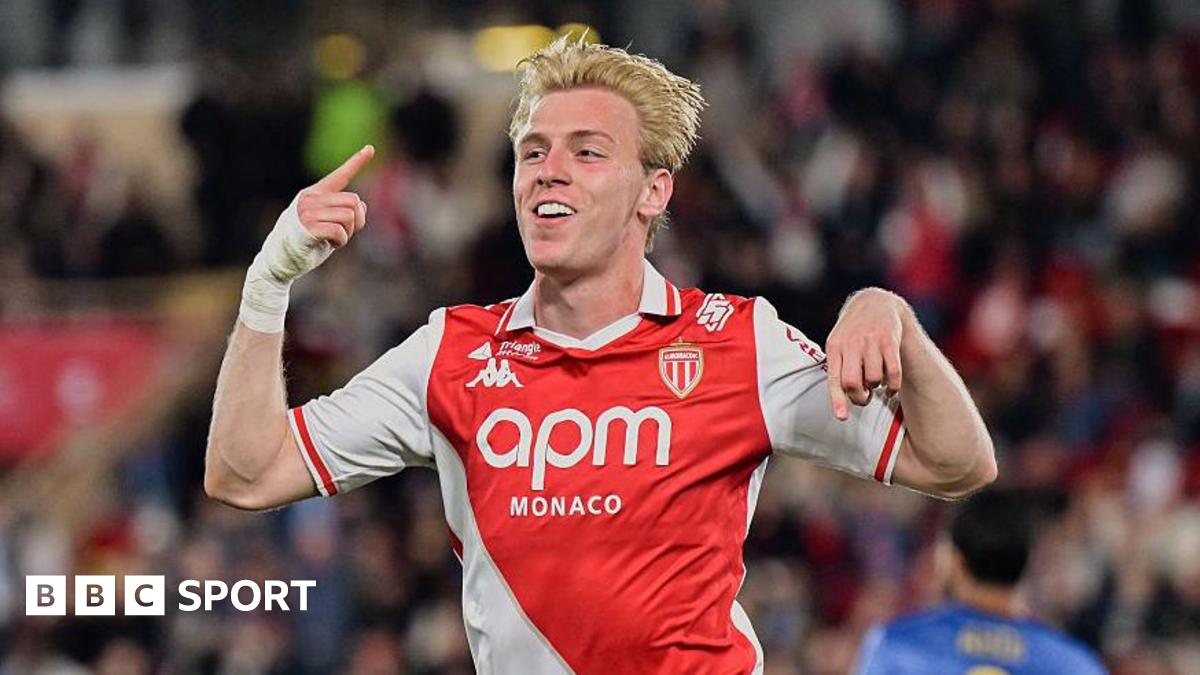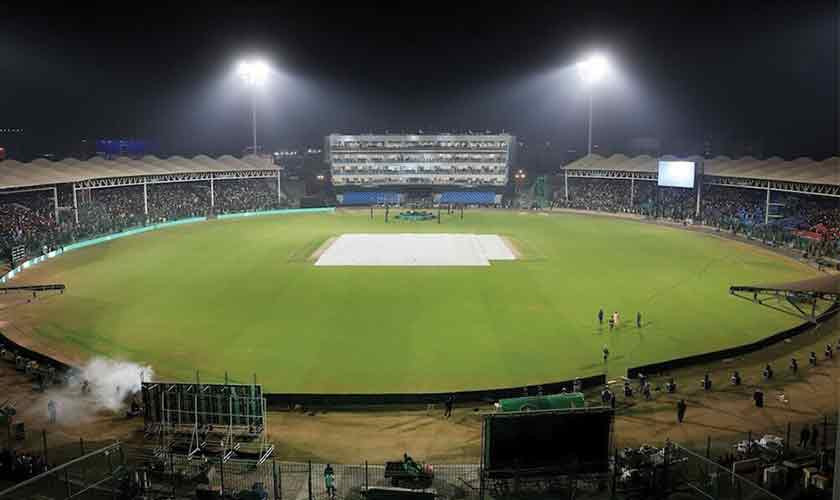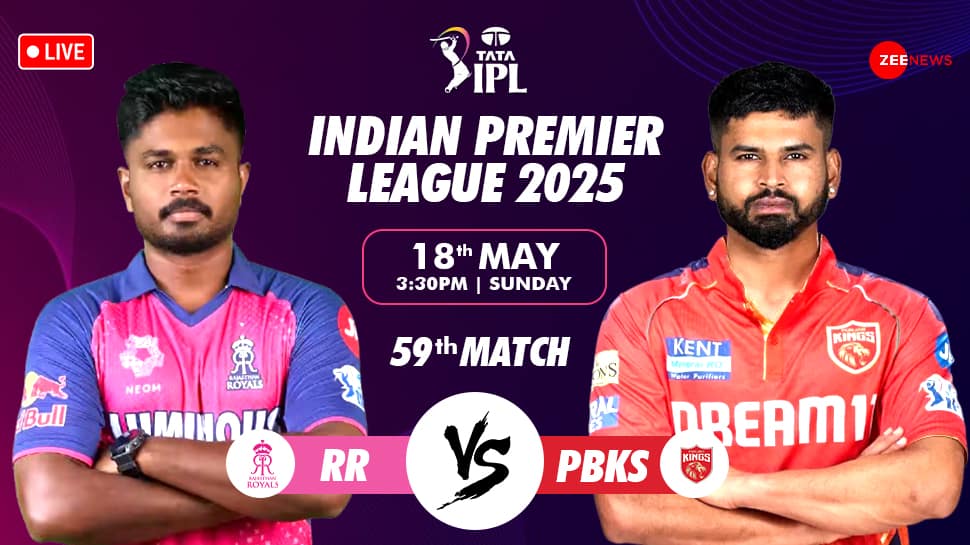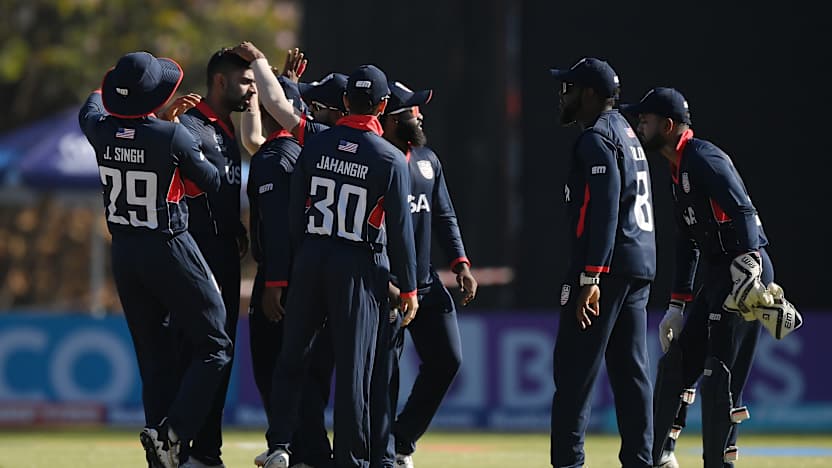West Coast Eagles pay tribute to Selwood as AFL mental health round mooted

“Our love and support are there for them whenever they need it. But, I just, I can’t imagine how tough it would be for them. They’d be going through so much pain right now.” Loading The brothers’ deaths have added to calls for the AFL to shine a greater spotlight on mental health, which could come through a dedicated round of matches, but Beyond Blue chief executive Georgie Harman said the football industry needed to “step back” and look at how it could design the best programs for its people, including former players. Wayne Schwass, the 1996 North Melbourne premiership player who now runs PukaUp, which aims to raise awareness of mental illness, said it was time for the AFL to take the lead elevate the societal issue as it had done with racism through the Sir Doug Nicholls round. “This is not only an industry issue, it’s a societal issue, and I have been a believer or proponent for a long time in this,” Schwass said on Sunday.“Have a look at the advancements we have made in the AFL and the community with regards to racial vilification. We have educated ourselves, we have educated the community, we have educated the industry. We now have a better appreciation of the impact of that, and we have changed behaviour. “So, why can’t we do something with mental health, and not just males’ mental health, but the mental health of everybody?” St Kilda, Carlton and the umpires link arms before Spud’s Game earlier this season. Credit: AFL Photos via Getty Images AFL spokesman Jay Allen said the league understood the reasons for a mental health round, and pointed to the annual “Spud’s Game”, in honour of late St Kilda great Danny Frawley, as helping to raise public awareness. Schwass, who has raised mental health issues in the AFL since 2006, suggested that could be expanded to encompass an entire round.The AFL Players Association told this masthead it also supported the idea of a themed round. While conceding more could be done, the AFL, in a statement, detailed its overall mental health strategy, which includes a committee of mental health experts and representation from AFL clubs. The league employs 37 people to provide support to talent pathways players, and a team of practitioners dealing with the root causes of mental health and responding to issues across the competition. Every club must employ its own psychologist, while there are soft-cap concessions for mental health spend. There is also an AFL-funded Indigenous psychologists network for culturally informed mental healthcare for First Nations players.Beyond Blue CEO Harman said the best thing the AFL could do was reach people early and tailor support for players, coaches and other groups within the game. “We’ve done some work very recently to look at what supports are available in the AFL ecosystem, and it mirrors what is on offer in the general mental health system – there are a lot of different types of programs and services out there but it’s really confusing,” Harman said. Adam Selwood was 41. Credit: AFL Photos “There are a really complex and cluttered array of mental health programs and support [within the AFL] – I’m not being critical of the AFL and AFLPA, but there’s a lot going on.” She said there was “stuff that pops up because we care and we want to come up with a new idea and form a new initiative and that is well-meaning.“But I think it’s time to step back, look at what’s out there, look at whether or not it’s working, look at how it’s connecting and ensuring that people understand that support is available. “The best services and the best responses at times like this are those that are designed where you stop and you work with people that you’re trying to reach through these services to say, ‘what does good look like? What’s going to work for you’, as opposed to just throwing more money at a system that you know is there – pause, take stock and think about what is next.” She also said between 2021 and 2024 the number of former players seeing a mental health expert had doubled – a positive development, as more people were getting help – but some people still didn’t realise help was available. “This is the thing that I worry about the most. There is a whole array of services out there, including Beyond Blue, that operates 24-7, is completely free and confidential, and we still have to spend a lot of time reminding people of that.”Former Hawthorn president and BeyondBlue’s founding chairman, Jeff Kennett, said it was clear the AFL had made strides in improving how mental health is discussed and treated. “I don’t think this is a moment when those of us who know quite a bit about the subject of mental health and suicide … and have worked in the AFL would be blaming the AFL, quite the opposite,” Kennett said. He said the focus should be on clubs supporting current and former players and staff and that clubs should have a medical doctor on their board. “[Board members] who are doctors can not only continue to work with the club doctors, but also ensure that the protocols are being exercised,” Kennett said.“Doctors can also bring to the board information that it would not normally have … just as a board should have an accountant, and it should have a lawyer to represent issues of good governance.” Schwass said he had approached former senior executives of the AFL about a mental health themed round on several occasions, only to be told: “[There are] too many themed rounds”. Loading “I am not sure why, or the reluctance of the AFL, but what I am sure of, is one loss of life is too many,” Schwass said, adding there was “an opportunity for the AFL to be a voice of change”. “But it takes courageous leadership. I would urge the AFL, the leaders, to see this as an opportunity to honour the lives lost … but proactively begin to change attitudes, perceptions and abolish stigma. There is an enormous opportunity here if they are willing to be brave and bold,” Schwass said.











